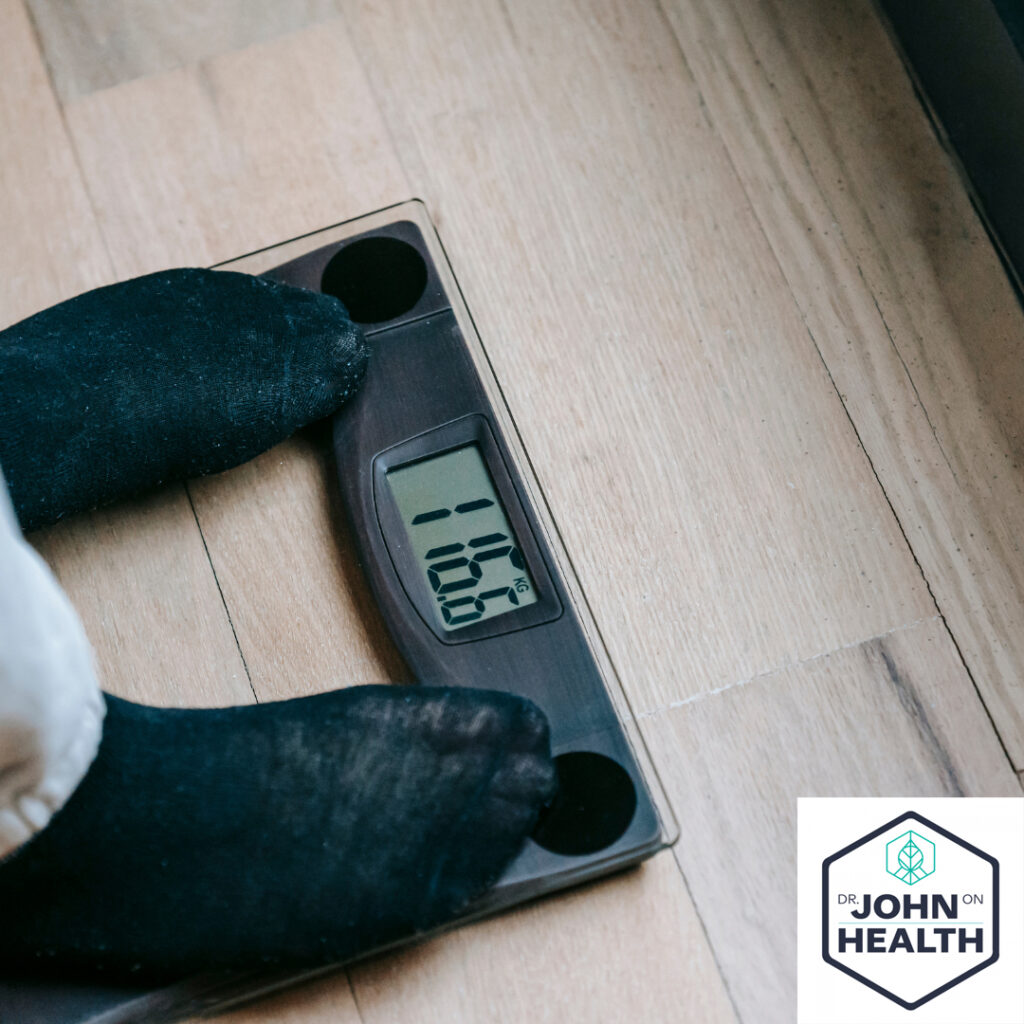 Consuming grains creates a cycle of peaks and valleys in blood sugar which is unnatural compared to the old ways that humans ate. It is a perversion of human natural eating habits. It leads to weight gain and frequently high blood sugar, diabetes, and obesity.
Consuming grains creates a cycle of peaks and valleys in blood sugar which is unnatural compared to the old ways that humans ate. It is a perversion of human natural eating habits. It leads to weight gain and frequently high blood sugar, diabetes, and obesity.
When we consume grains, our blood sugar shoots up unnaturally high and thus we trigger our body to produce a lot of insulin to help push the glucose into cells, especially muscle cells. Within 2 hours of eating, our blood glucose level therefore drops, but it drops even below normal range. The brain then believes the situation is dire, as it needs glucose to survive. It sends signals to produce more glucose to the liver, and that triggers sending us the hunger signal. We feel hungry as our body now craves glucose. So we end up eating more stuff with high glucose such as more grains – a mid-morning snack of muffin, cake, toast, and then again at lunch, we crave more carbs like sandwiches, and then at mid afternoon, junk food (often salty and full of carbs)
Insulin, a hormone released in response to elevation of blood sugar, also rises.
This steep rise in insulin is the link between high blood sugar and grains. When insulin rises sharply, there is an intense and rapid response from insulin-sensitive cells in the body – especially muscle cells – to absorb the glucose. This then leads to a steep decline in blood sugar. Within 2 to 3 hours after a meal, your blood glucose levels actually fall below fasting levels for a time. While they had made you full, they drove up your insulin so high that your blood glucose level eventually crashes too low.
In short, the traditional human eating behavior that would have been based more on the need for nutrients as detected by monitoring stations in the body has been usurped. Instead, food intake becomes driven by the need to restore a blood glucose level that was excessively lowered by elevated levels of insulin, induced by the elevated level of glucose coming from grains.
 Diabetes: The Real Cause & The Right Cure.
Diabetes: The Real Cause & The Right Cure.
8 Steps to Reverse Your Diabetes in 8 Weeks!!
I am proud to share this informative yet easy to use book that will help you or a loved one reverse their Type 2 Diabetes in 8 weeks. My plan will also help you to remain diabetes free as you will take this on as a lifestyle. Make better choices and take ownership of your health today!
I thank you in advance for helping me spread word of this vital new information. Please leave a review on Amazon if you could be so kind. – Dr. John



